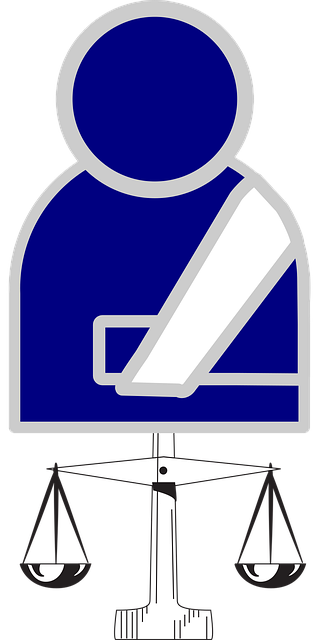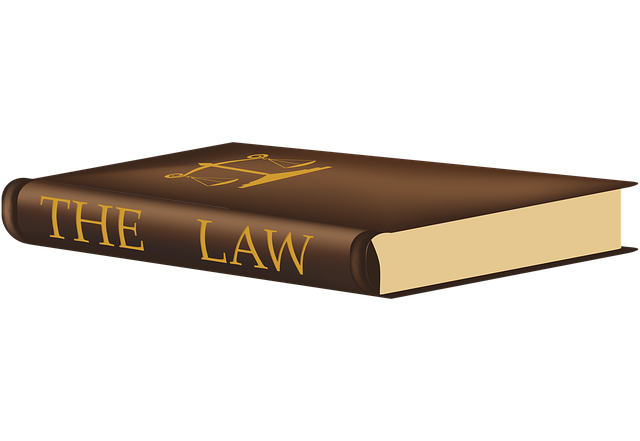Before consulting a chronic pain lawyer, educate yourself about legal terms related to disability and accommodation. Prepare a detailed folder with medical documents and past legal records. Emotionally and practically prepare for an intense process by understanding your local laws and seeking support.
Preparing to meet with a chronic pain lawyer is crucial for achieving justice. Understanding legal basics like personal injury claims, damages available, and liability is essential. Gather all medical records and documentation detailing your condition’s onset, treatment, and impact. Emotionally, be ready to share your experience’s depth. Practically, consider travel arrangements and any accommodations needed during meetings. This comprehensive approach ensures a productive consultation.
- Understand Chronic Pain Legal Basics
- Gather Medical Records and Documentation
- Prepare Emotional and Practical Considerations
Understand Chronic Pain Legal Basics

Before meeting with a chronic pain lawyer, it’s crucial to arm yourself with knowledge about the legal aspects of chronic pain cases. Chronic pain is a complex issue, and understanding the relevant laws and regulations can significantly impact your case’s outcome. Familiarize yourself with terms like “reasonable accommodation” and “disability discrimination,” which are essential in protecting your rights as a person living with chronic pain.
Additionally, research the legal definitions of chronic pain and its impact on daily life. This knowledge will help you effectively communicate your experiences during the consultation. Remember, a Miami personal injury lawyer specializing in chronic pain cases can offer invaluable guidance tailored to your unique situation, whether you’re dealing with pain resulting from a car accident or another traumatic event.
Gather Medical Records and Documentation

Before meeting with a chronic pain lawyer, it’s crucial to gather all relevant medical records and documentation. This includes your complete medical history, test results, prescriptions, and any reports from specialists or healthcare providers who have treated your condition. Organize these documents chronologically to provide a clear timeline of your diagnosis and treatment journey. A well-prepared file not only ensures an efficient consultation but also helps the lawyer understand the extent of your pain and its impact on your life.
Additionally, consider any legal documents related to previous personal injury cases or product liability claims if your chronic pain is a result of an accident or defective product. Medical malpractice compensation claims may also be relevant. Having these ready allows the attorney to assess your case’s strengths and advise you on the best course of action, whether it involves negotiating with insurance companies or taking legal recourse.
Prepare Emotional and Practical Considerations

Preparing to meet with a chronic pain lawyer involves more than just gathering medical records and legal documents. It’s crucial to also prepare yourself emotionally and practically for what could be an intense and challenging process. Chronic pain patients often face significant emotional turmoil, and navigating the legal system can be overwhelming. Therefore, it’s essential to seek support from friends or family who can provide a listening ear and reassurance.
Practical considerations are equally important. Make sure you have all your medical records, test results, and prescriptions organized and ready to share. Additionally, research and understand the legal process in your area, including statute of limitations for filing a claim, especially if you’re considering a car accident lawyer Miami or an auto accident attorney. Being prepared not only helps streamline the process but also demonstrates your commitment to seeking justice for your chronic pain.
Preparing to meet a chronic pain lawyer involves understanding legal basics, gathering comprehensive medical records, and considering both emotional and practical aspects. By familiarizing yourself with these key areas, you’ll be better equipped to communicate your needs effectively and navigate the legal process with confidence. Remember, a chronic pain lawyer is there to advocate for your rights and help you secure the compensation you deserve.






